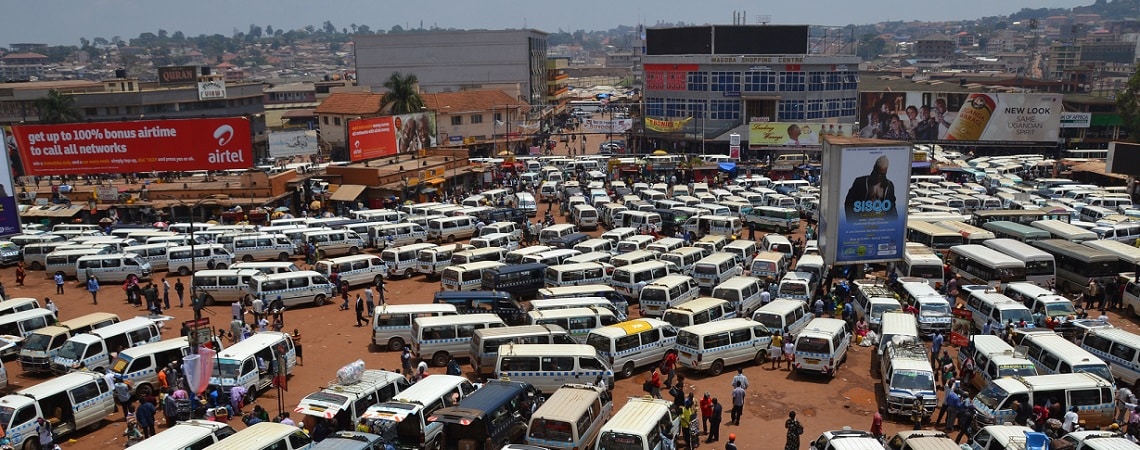Learning Guide
Integrated Urban Planning in the Global South
Log in to a free account to view this content.

Sorry, but you do not have permission to view this content.
Public subscribers login here:
WRI users please log in here: